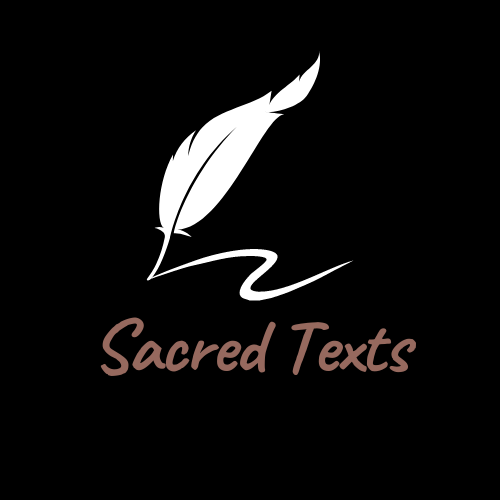Sacred Texts: Catholics and the Bible
Editor’s Note: FāVS has launched a new series on Sacred Texts. In most religious traditions they are considered sacred because it is believed they were divinely revealed or inspired, and they form part of an authoritative canon. In this series we ask how scripture is used in particular traditions and if it’s necessary or dispensable. Is it subject to interpretation? What is its purpose? How have scriptures been used to promote or justify certain types of behavior? And, do ancient scriptures have any relevance today?
Commentary by Mitch Finley
Catholics believe that the Bible isn’t just one book but a collection of unique books. Catholics accept as true that the Bible is the Word of God in human words, and they take both parts of this statement seriously. For Catholics there can be no understanding of the Bible as God’s Word apart from understanding the biblical Word on a human level.
Important questions for Catholics, as for many mainline Protestant churches, include the following. What did the historical Jesus — and later the human writers of a particular biblical document — such as the Gospel of John, mean by a particular biblical passage or narrative? What is the literary style of a particular biblical document? What are the theological purposes of the narratives about, for example, the birth of Jesus in the Gospels of Matthew and Luke?
Is the story about Jesus walking on the water historical or fictional, and, either way, what is the intended theological point of this story?
Why do the Gospels of Matthew, Mark, Luke and John share some material but not other material? For example, why does the Gospel of John say that at the Last Supper Jesus washed the feet of his disciples instead of giving the disciples bread and wine, as the Gospels of Matthew, Mark and Luke do, which Jesus declares are his body and blood?
What is the literary style of a particular book of the Old Testament or the Hebrew Scriptures? Is the Book of Job history or fiction?
These questions, and others like them, are part of what are called the historical-critical methods of biblical interpretation. For ordinary Catholics, those who are not trained Bible scholars, it is as important to read about the Bible as it is to read the Bible itself.
For example, it’s as important to read books, essays and commentaries about the Letter of Saint Paul to the Romans as it is to read that book itself. Otherwise, we leave ourselves open to what can be some wild and wooly interpretations of the Bible. A classic example of this is the Book of Revelation, which fundamentalist Christians often interpret in nutty ways, finding in it literal predictions about the end of the world.
One of the earliest Catholic Bible scholars was Saint Jerome (fourth century) who summed up the classic Catholic belief about the role of the Bible in Christian life. He said, “Ignorance of Scripture is ignorance of Christ.”
Protestants sometimes accuse Catholics of being ignorant about the Bible, and to some extent this may be true. However, even a Catholic who does not read the Bible daily but participates weekly in the church’s liturgy (“Mass” or “Eucharist”) is exposed to the Scriptures, for the Liturgy is heavily scriptural, from beginning to end.
End note: There is, is of course, much more to know about the Catholic understanding of the Bible and how to read it with both piety and understanding. There are many books on the subject, but one of the best resources to start with is the Catholic Study Bible by Donald Senior (third edition). Remarkably, as of Oct. 14, 2022, the Catholic Study Bible holds the number one and number two positions on the Amazon “Best Sellers in Christianity” list.










